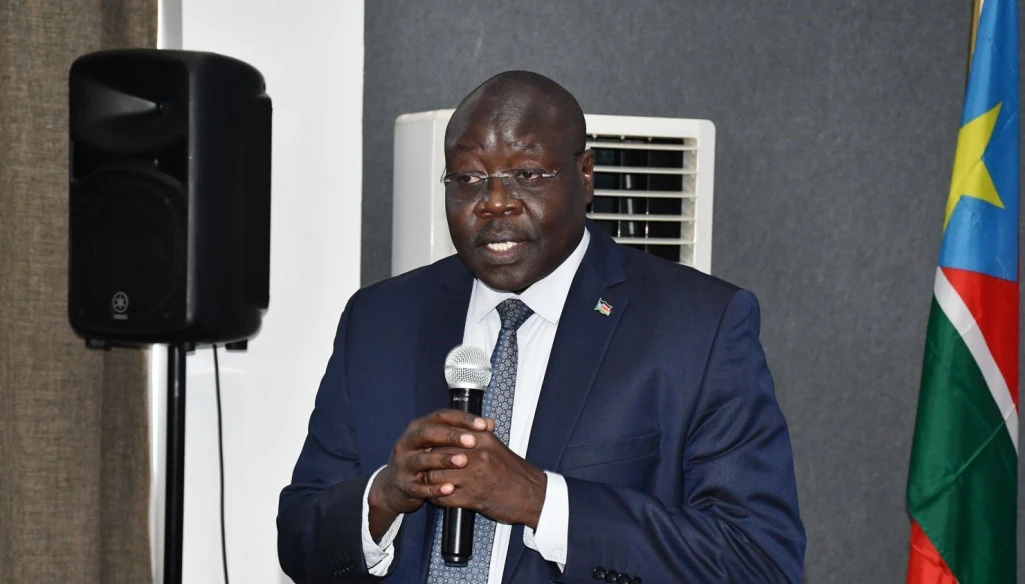
The 2018 peace agreement acknowledges the need to reform the governance system inherited from Sudan.
Despite the recognition, South Sudan is still in the process of making a permanent constitution that would implement the demand for power sharing and equal distribution of resources.
In 2012, a national constitutional review commission was formed as the drafting body, but serious challenges arose due to the civil war that erupted in 2013, leading to a stall in the process.
The parties who did not sign the 2018 peace agreement suggested in August that they would draft a permanent constitution in Nairobi and then bring it to the country for adoption.
Speaking at a four-day workshop on federalism for the members of the National Constitutional Review Commission (NCRC), Lasuba Wango stated that the inclusion of a federal system of governance in the legal framework would bring sustainable peace in the country.
“A permanent constitution should ensure that we have a federal system of government that brings together everybody, all the people of South Sudan, to be able to manage their affairs and resources and realize development at the grassroots,” Wango said in Juba on Tuesday.
“That means good governance is the only practical direction and solution or the needed reform that will bring unity, sustainable peace, stability, and prosperity.”
Wango stated that the implementation of federalism is crucial for balancing power and ensuring effective governance.
“The major root cause of conflict is bad governance. This is where a relationship is between those who govern us, like us in the government, and those who are governed. We have a problem if the relationship is defined in such a way that resources do not reach the majority population,” he remarked.
The workshop under the theme: “Federalism and Power Sharing", is being co-supported by the United Nations Mission in South Sudan (UNMISS) and the Max Planck Foundation for International Peace and the Rule of Law, with financial support from UNMISS and the European Union.
The Revitalized Agreement on the Resolution of the Conflict in the Republic of South Sudan (R-ARCSS) established the constitution-making framework, and it aims to provide a comprehensive understanding of federalism and pluralism in relation to it.
It will engage participants in discussions about federalism and decentralization, the roles and responsibilities of the three branches of government within a federal system, and various power-sharing options.
Additionally, different models of federal systems from around the world will be examined.
The final day will focus on reflecting upon lessons learned from international federal experiences and fostering dialogue on the potential adoption of a federal structure in South Sudan.